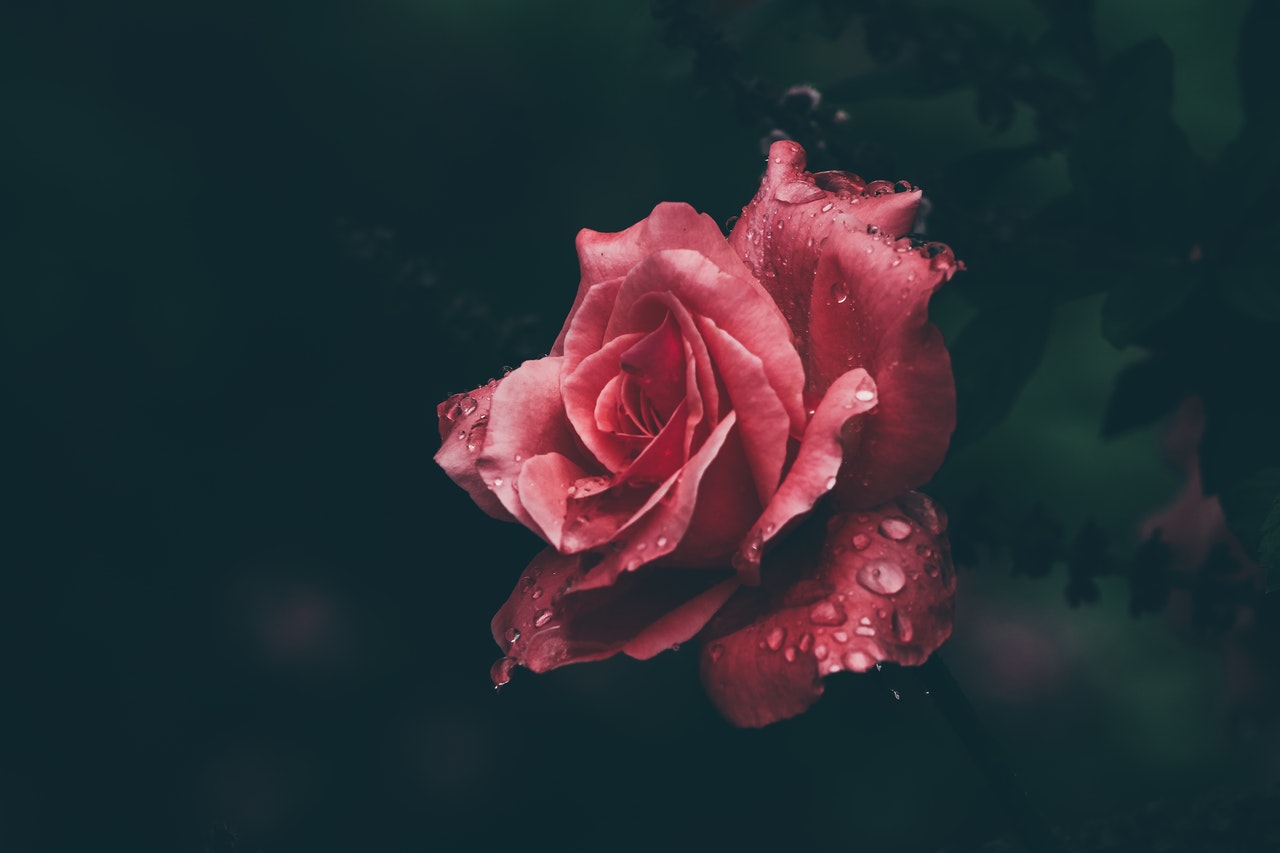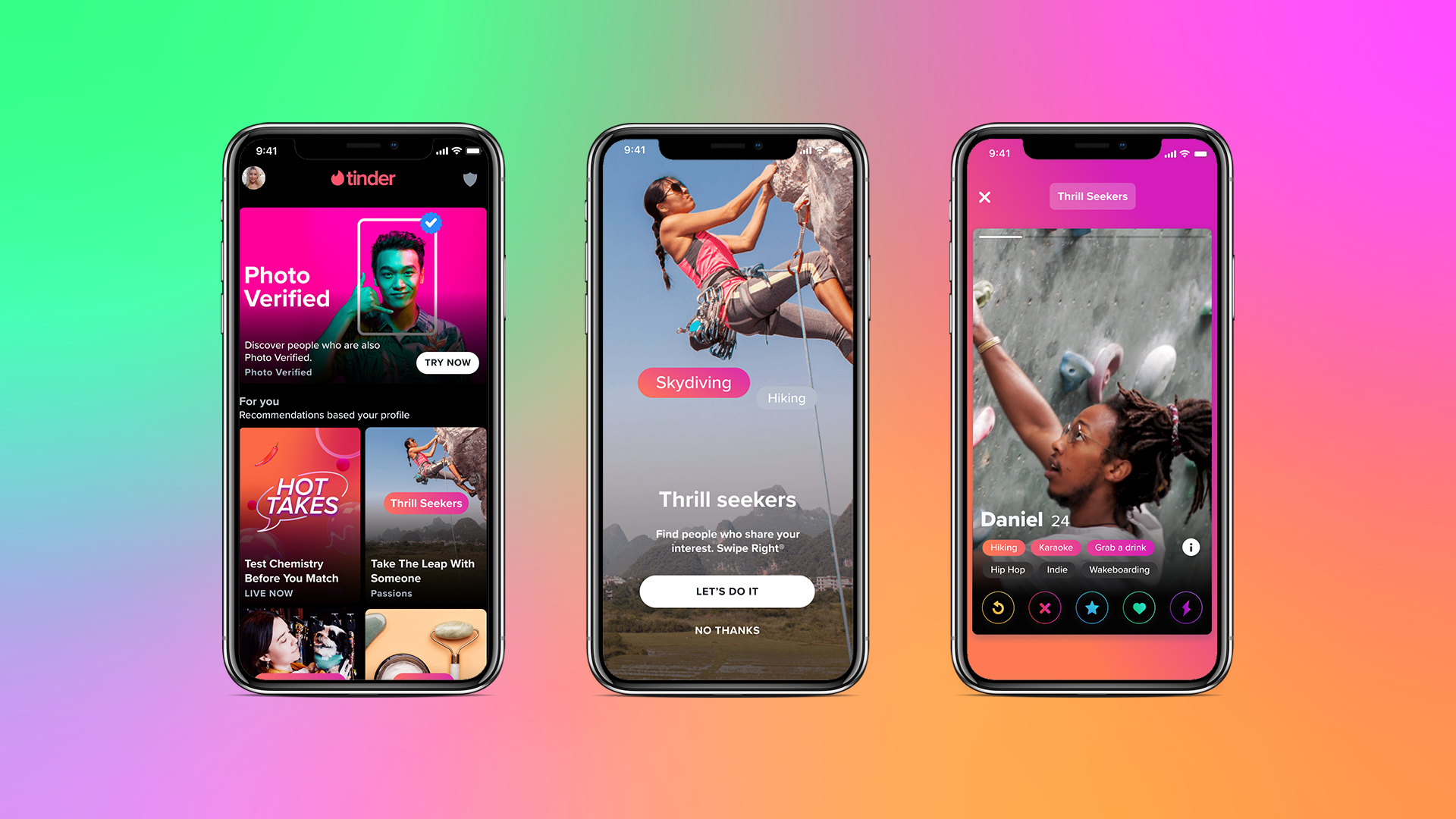Dealing with identity, female adolescence and sexuality, the series of photographs in the exhibition i like you, too. gives one a nagging sense of disquiet. Never is the entire human form encapsulated in the picture. Instead, various parts of the body are captured in discomforting and riveting snapshots.
This collection of works strikes a rather personal cord with its photographer Aida Dolrahim. “It’s like a record of my personal growth, my gender and desires, and my own awkward nature. I just generally feel uneasy half the time, and it’s not a physical thing. It’s more like an imaginary blunt pencil scratching across your back kind of uneasiness. And I want people who see my works to see and feel that,” Dolrahim says. She adds, “I’m not expecting immediate acceptance or anything, but simply a sort of recognition that works like this exist and that they are on par with works that deal with social issues. It’s a cliché, but I hope art works that are gender-based or of a sexual nature become more accepted.”
i like you, too. is also a milestone in Dolrahim’s artistic career. She has spent more time working on this show than she has on any of her past shows. The exhibition also reflects an evolution towards shooting more staged and controlled pictures, rather than spontaneous ones. As i like you, too. reveals, the most poignant moments may lie in the most uncomfortable situations. Dolrahim quips, “When I was thinking of a title for the exhibition, I was imagining a small, girlish and shy voice timidly saying something. Her voice is like a whisper. She’s saying, ‘… i like you, too.’ She’s scared, yet confident. Almost like there is a shaky strength in her frailness. That was the feeling that I was going for.”





